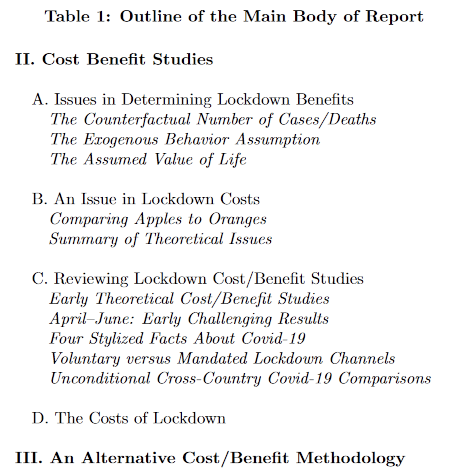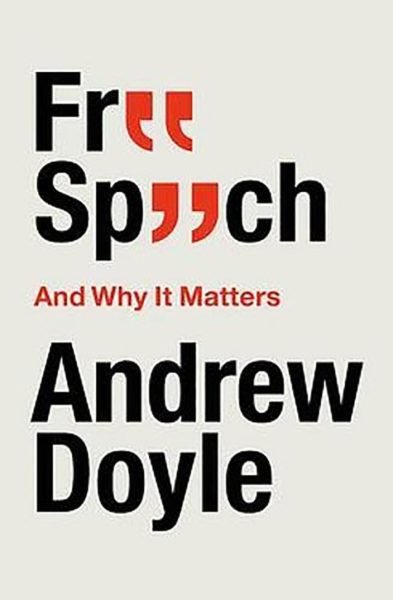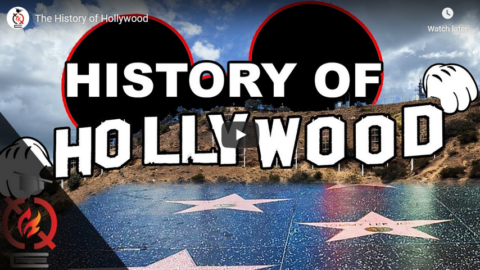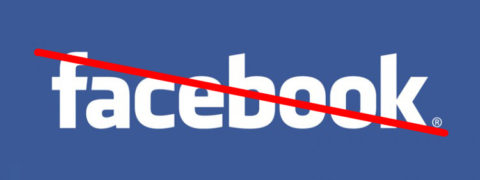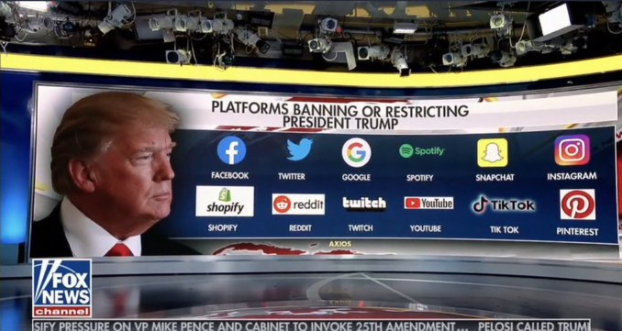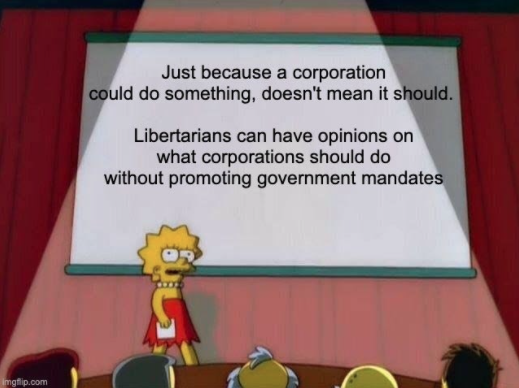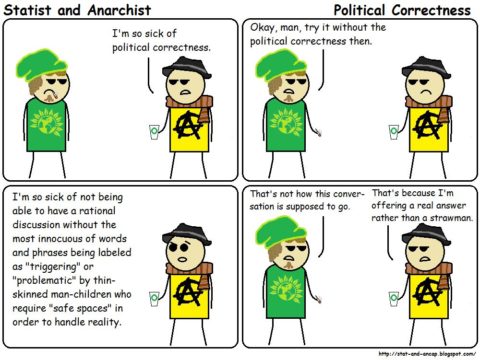Michael Geist continues to sound the alarm about the federal government’s bill to vastly increase CRTC control over Canadians’ access to information and entertainment options online, including the Heritage minister’s mendacity when challenged about how the CRTC’s powers will increase to censor individual Canadians in what they post to online services like YouTube:
Canadian Heritage Minister Steven Guilbeault and the Liberal government’s response to mounting concern over its decision to remove a legal safeguard designed to ensure the CRTC would not regulate user generated content has been denial. The department’s own officials told MPs that all programming on sites like Youtube would be subject to regulation, yet Guilbeault insisted to the House of Commons that user generated content would be excluded from regulation as part of Bill C-10, his Broadcasting Act reform bill.
However, based on new documents I recently obtained, it has become clear that Guilbeault and the government have misled the Canadian public with their response. In fact, the government effectively acknowledges that it is regulating user generated content in a forthcoming, still-secret amendment to Bill C-10. Amendment G-13, submitted by Liberal MP Julie Dabrusin on April 7th and likely to come before the committee studying the bill over the next week, seeks to amend Section 10(1) of the Broadcasting Act which specifies the CRTC’s regulatory powers. It states:
(4) Regulations made under paragraph (1)(c) do not apply with respect to programs that are uploaded to an online undertaking that provides a social media service by a user of the service – if that user is not the provider of the service or the provider’s affiliate, or the agent or mandatary of either of them – for transmission over the Internet and reception by other users of the service.
The amendment is a clear acknowledgement that user generated content are programs subject to CRTC’s regulation making power. Liberal MPs may claim the bill doesn’t do this, but their colleagues are busy submitting amendments to address the reality.
But it is not just that the government knew that its changes would result in regulating user generated content. The forthcoming secret amendment only covers one of many regulations that the CRTC may impose. The specific regulation – Section 10(1)(c) of the Broadcasting Act – gives the CRTC the power to establish regulations “respecting standards of programs and the allocation of broadcasting time for the purpose of giving effect to the broadcasting policy set out in subsection 3(1).”


